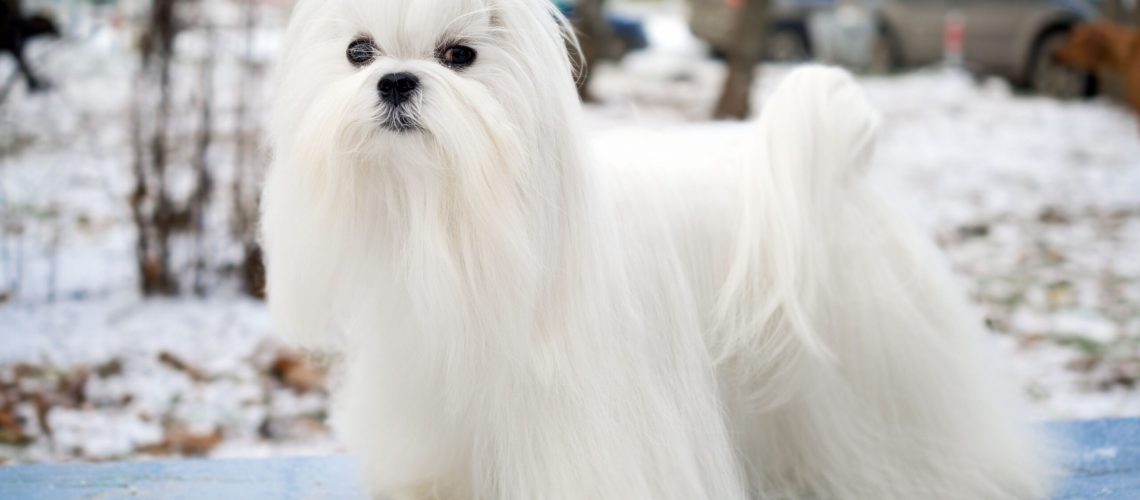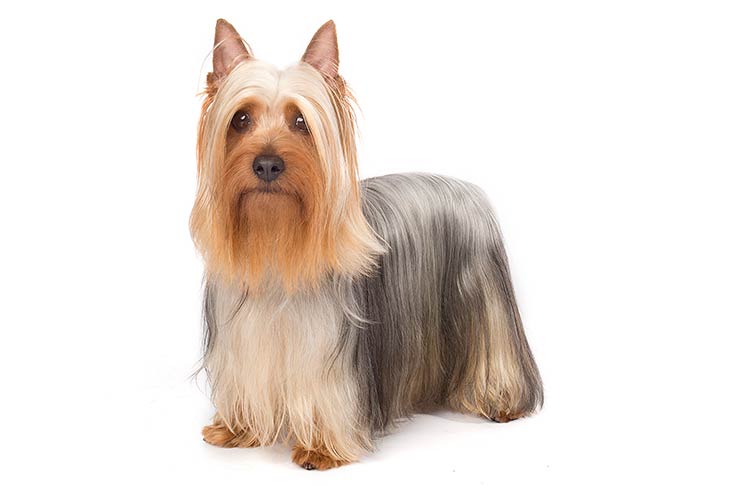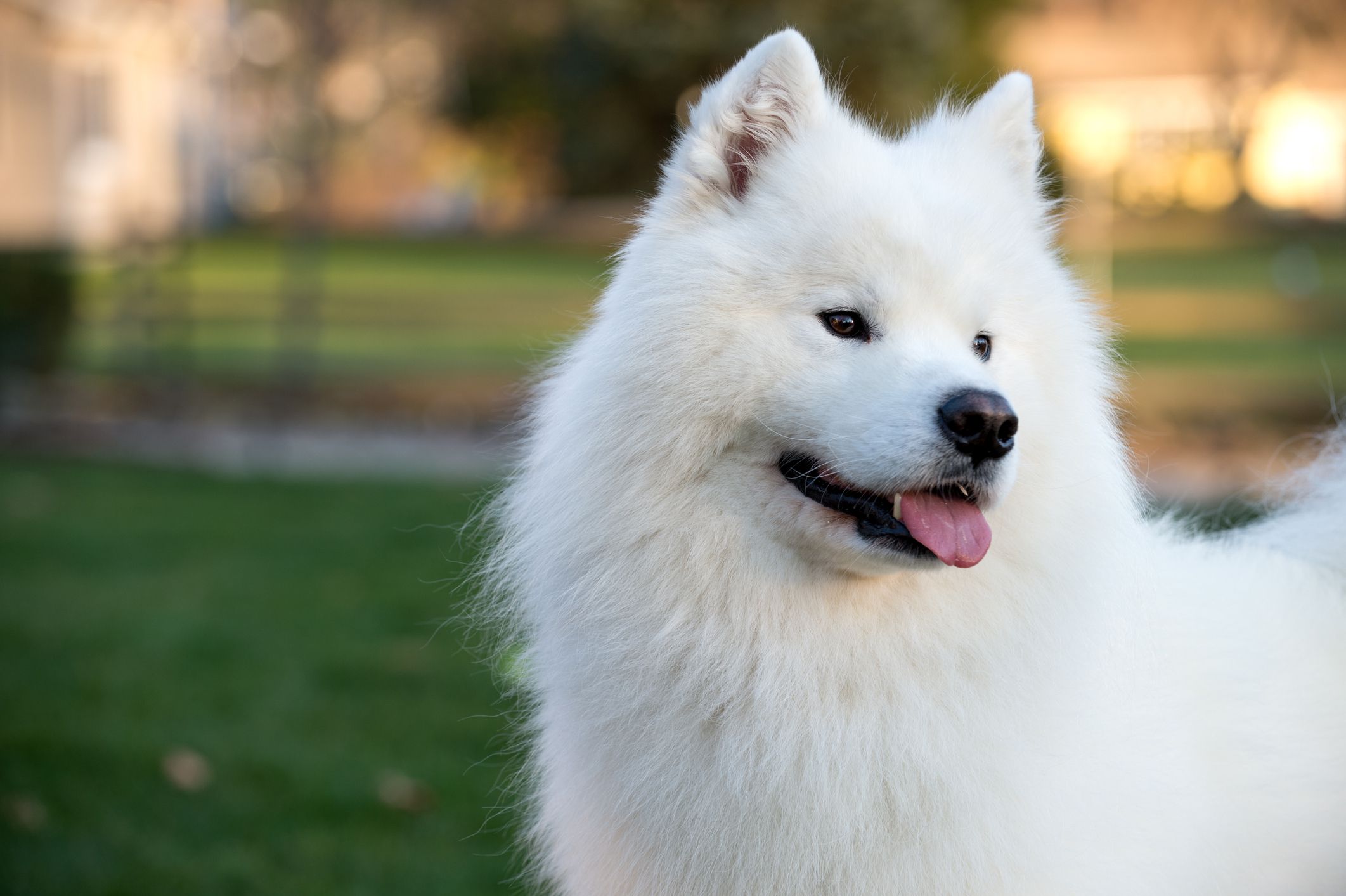Key Takeaways:
- Maltese dogs are small in size, typically weighing between 4-7 pounds.
- They have a long, silky white coat that requires regular grooming to prevent matting and tangling.
- Maltese dogs are known for their friendly and affectionate nature, making them great companions for families and individuals alike.
- They are generally good with children and other pets if properly socialized from a young age.
- Regular exercise is important for Maltese dogs to prevent obesity and keep them physically and mentally stimulated.
Are you ready to embark on a journey into the world of Maltese dogs? Get ready to discover the incredible value and benefits of understanding this captivating dog breed. Whether you're a current or aspiring dog owner, learning about Maltese characteristics and care is essential for creating a loving and fulfilling relationship with your furry friend. By delving into this subject, you'll gain valuable insights that will help you provide the best possible care for your Maltese companion. From their adorable appearance to their loyal and affectionate nature, these dogs have captured the hearts of millions around the world. So, let's dive in and uncover everything you need to know about Maltese dogs!
Unique Characteristics of the Maltese Dog Breed
The Maltese dog breed is known for its small size and adorable appearance. They have a compact body with a silky, white coat that hangs straight down to the ground. Their expressive eyes are round and dark, giving them a sweet and innocent look. Maltese dogs have a friendly and affectionate temperament, making them great companions for both individuals and families.
One unique characteristic of the Maltese breed is their long lifespan. On average, they can live up to 15 years or more with proper care and nutrition. Despite their small size, Maltese dogs are known for their fearless nature. They may be tiny, but they have big personalities! They are also highly intelligent and eager to please their owners, which makes them easy to train.
Size and Weight of Maltese Dogs: What to Expect
Maltese dogs are considered toy breeds, which means they are small in size. On average, adult Maltese dogs weigh between 4-7 pounds (1.8-3.2 kilograms) and stand about 8-10 inches (20-25 centimeters) tall at the shoulder. These petite pups are perfect for those who live in apartments or have limited space.
Their small size also makes them portable and easy to take along on trips or outings. Due to their delicate build, it's important to handle them gently to avoid any injuries or accidents. It's recommended to supervise interactions between young children and Maltese dogs to ensure everyone stays safe.
The Coat of a Maltese: Grooming Tips and Care
The coat of a Maltese dog is one of its most distinctive features. It is long, silky, and pure white in color. This luxurious coat requires regular grooming to keep it looking its best. Daily brushing is recommended to prevent tangles and mats from forming. It's important to be gentle while brushing, using a comb or brush specifically designed for long-haired dogs.
In addition to regular brushing, Maltese dogs may need occasional baths to keep their coat clean and shiny. It's important to use a mild dog shampoo that won't irritate their sensitive skin. After bathing, the coat should be thoroughly dried to avoid any dampness that could lead to skin problems.
Some owners choose to keep their Maltese dog's coat trimmed short for easier maintenance. However, if the long-haired look is preferred, professional grooming every 4-6 weeks is recommended to keep the coat in top condition.
Maltese Dogs: Friendly Companions for Children
Maltese dogs are known for their friendly and sociable nature, making them great companions for children. They are patient and tolerant, often enjoying playtime with kids. However, it's essential to teach children how to properly interact with small dogs like Maltese breeds.
Children should be taught not to pull on the dog's ears or tail and not to handle them roughly. Supervision is necessary when young children are around dogs of any size, as accidents can happen unintentionally.
In addition to being good with children, Maltese dogs also get along well with other pets in the household. They are generally friendly towards other dogs and cats if properly socialized from a young age.
Keeping Your Maltese Active and Healthy with Exercise
Maintaining an active lifestyle is important for the overall health and well-being of your Maltese dog. Despite their small size, they still require daily exercise to burn off energy and prevent obesity. Regular walks, playtime, and interactive toys can help keep them physically and mentally stimulated.
Maltese dogs are adaptable and can adjust to various living situations. They can thrive in apartments or houses with small yards as long as they receive regular exercise opportunities. However, it's important to note that they are sensitive to extreme temperatures. During hot weather, it's best to limit outdoor activities or provide shade and plenty of fresh water.
Health Concerns in Maltese Dogs: What to Watch Out For
Like all dog breeds, Maltese dogs are prone to certain health issues that owners should be aware of. Some common health concerns in Maltese dogs include dental problems, luxating patella (knee joint displacement), eye conditions such as cataracts or progressive retinal atrophy (PRA), and allergies.
To ensure the overall health of your Maltese dog, regular veterinary check-ups are essential. Maintaining good oral hygiene by brushing their teeth regularly can help prevent dental diseases. It's also important to keep an eye on their eyes and seek veterinary care if you notice any signs of discomfort or vision problems.
Proper nutrition, regular exercise, and a loving environment can contribute to the overall well-being of your Maltese dog and help minimize the risk of developing certain health conditions.
Nutrition for Your Maltese: Keeping Them Well-Fed and Healthy
Feeding your Maltese dog a balanced diet is crucial for their overall health and vitality. High-quality commercial dog food specifically formulated for small breeds is recommended. Look for brands that list real meat as the first ingredient without fillers or artificial additives.
The amount of food your Maltese needs will depend on factors such as age, activity level, and metabolism. It's important to follow the feeding guidelines provided by the dog food manufacturer and adjust as necessary. Overfeeding can lead to weight gain and related health problems.
Additionally, providing fresh water at all times is essential for your Maltese dog's well-being. Regularly washing their food and water bowls helps maintain cleanliness and prevent bacteria buildup.
In conclusion, Maltese dogs are small and friendly companions that require regular grooming and attention. With their gentle nature and playful personality, they can make great pets for families or individuals looking for a loyal and loving companion.
Are Maltese dogs high maintenance?
Maltese dogs generally have good health but need regular grooming due to their long, silky, white fur. Their large, dark eyes and nose make them adorable and they have a playful and moderate energy level. Despite being small, they have strong and independent personalities and usually respond well to positive reinforcement training.
What is the personality of a Maltese?
Maltese dogs, which typically weigh between 3 and 8 pounds, are well-suited for living in apartments or smaller homes. They are known for being affectionate, gentle, responsive, and trusting. While they can be good family pets with older children, they may become impatient and snappy with younger or active children.
Are Maltese hard to care for?
If their coats are not regularly taken care of, they can get dirty and tangled easily. Due to their long and white coats, they may develop urine stains, but this can be managed by regularly washing them with dog shampoo. Tear staining is also a common problem for owners of Maltese dogs.
Are Maltese easy to potty train?
Summary: Housebreaking a Maltese dog can be a challenging task, but it doesn't have to be stressful. While there are many factors involved in house training, it is not overly difficult.
Do Maltese prefer one person?
The Maltese is a charming breed of dog that makes a great companion. They are well-suited for family life, but they tend to form a strong bond with one person. They are small and delicate, so they may not be the best fit for loud and energetic households with young children.
What is the downside of Maltese?
Unfortunately, this small and playful breed is known for being challenging to train to use the bathroom indoors. It may be helpful to consider using an indoor litterbox or installing a doggy door that leads to a small, covered area outside for them to go potty. Additionally, Maltese dogs tend to experience separation anxiety when they are left alone at home for extended periods of time.

















